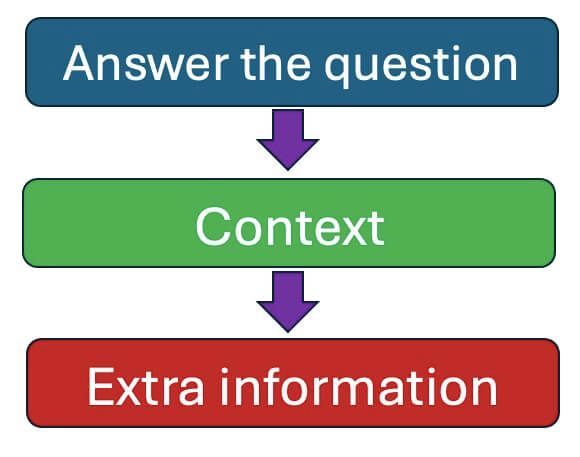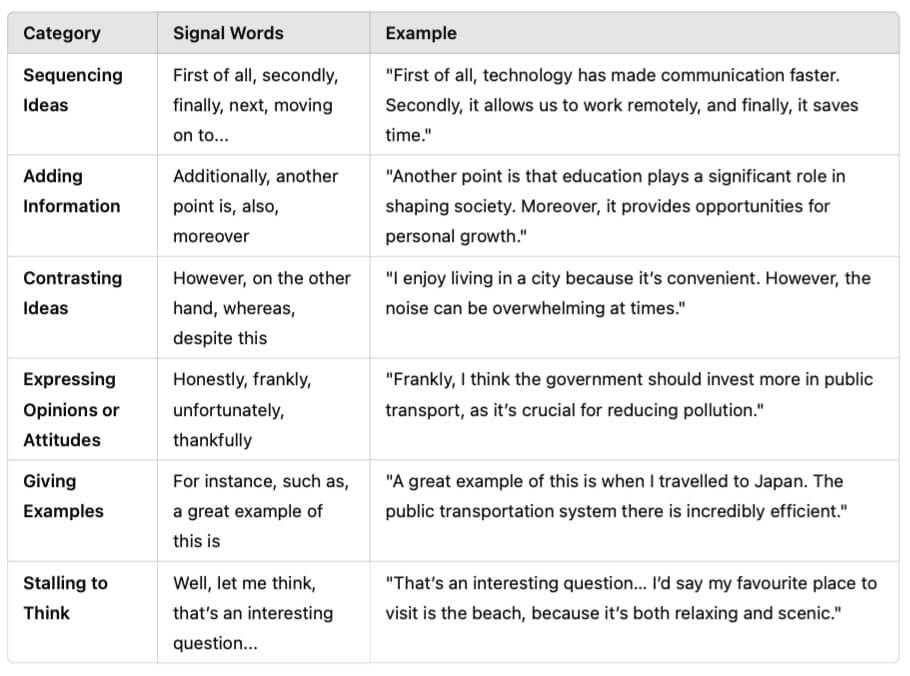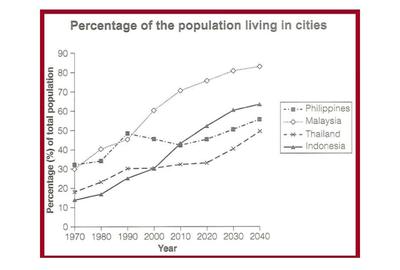- Home
- Speaking Lessons
- Will and Going to
'Will' and 'Going to' to Discuss the Future
Usually in part 3 of the speaking test you will be asked to talk about the future in at least one of the questions (some of the questions in part 1 may also be about the future).
Will and going to are popular words to do this, so we will look at them, but there are some other ways too.
You can also watch a video of this lesson:

It is important to notice when a question is about the future so you can make sure that your response is also using the future tense.
Example IELTS Questions about the Future:
- Do you think any new national celebrations will come into being in the future?
- How do you think the internet will change people's buying habits in the future?
- Do you think it will be more or less important to have a good education in the future?
Explanations of 'Will' & 'Going to'
Here is an explanation of will and going to and some other useful structures for discussing the future
Will
There are various uses of ‘will’, but in IELTS part 3 we can use it when we want to talk about future events that we believe are certain.
‘Will’ is followed by verb 1, or the infinitive.
Education will be more important in the future because as populations increase, there will be greater competition for jobs.
If you use ‘will’ on its own, this means you believe in what you are saying 100%, or you have 100% evidence to back up your claim.
You can add in a word like ‘definitely’ if as well if you want to emphasize your certainty even more:
Education will definitely be more important in the future because as populations increase, there will be greater competition for jobs.
If you are less certain (which is often the case as we usually don’t have evidence with us) then we use words such as 'maybe', 'perhaps', 'possibly', 'probably' and ‘likely’.
Education will probably be more important in the future because as populations increase, there will be greater competition for jobs.
Going to
Will and Going to are used in similar ways. We can use ‘going to’ to talk about a plan we have, but in the IELTS test part 3 we usually use it when we are making a prediction based on evidence we know of, often from what we can see in front of us.
‘Going to’ is followed by verb 1, or the infinitive.
The sky is very black (the evidence we can see). I think it’s going to rain. (not an IELTS example)
The internet is getting much easier to use and safer (the evidence), so I think it’s going to be very popular for buying clothes in the future.
The climate is going to become warmer and warmer because the government is not doing enough to prevent global warming.
Will or going to?
‘Will’ is more common for giving predictions about future events, so if you are unsure of the difference between them, just use ‘will’.
However, we often use will and going to inter-changeably. For example, in the sentences above we can swap them without affecting the meaning:
The climate will / is going to become warmer and warmer because the government is not doing enough to prevent global warming.
Education will probably / is probably going to be more important in the future because as populations increase, there will be greater competition for jobs.
Other Choices
Modal Verbs
In addtion to will and going to, another way to talk about the future is to use modal verbs such as ‘may’ and ‘might’.
Again, these are used when you are not certain about something. They have the same meaning.
I think education may become more important in the future, but it really depends on what happens to the job market.
The climate might get cooler in the future if we manage to restrict CO2 emissions.
Present Continuous
This is also used to talk about the future.
It is often used when we want to talk about what has been arranged for the future, so it may be less common for part 3 and more common for part 1, but it is still possible for some things you may want to say:
Our president is meeting the president of the USA next year, so hopefully they will discuss the problems of our country.
Will and Going to - Sample Answer
Here is a sample answer to a question:
How do you think the internet will change people's buying habits in the future?
Buying from the internet is becoming more and more popular. For example, we’ve seen many book shops close down because people can buy online at cheaper prices from sites such as Amazon. It makes life much easier if products can be delivered direct to our door, especially with our busy modern lifestyles. I think this will only increase in the future as more people feel safe to buy online and online shops make it easier to purchase this way. Also, I think our lives are only going to become busier, so more people will choose to shop this way.
Comments
Any comments or questions about this page or about IELTS? Post them here. Your email will not be published or shared.
Band 7+ eBooks
"I think these eBooks are FANTASTIC!!! I know that's not academic language, but it's the truth!"
Linda, from Italy, Scored Band 7.5















